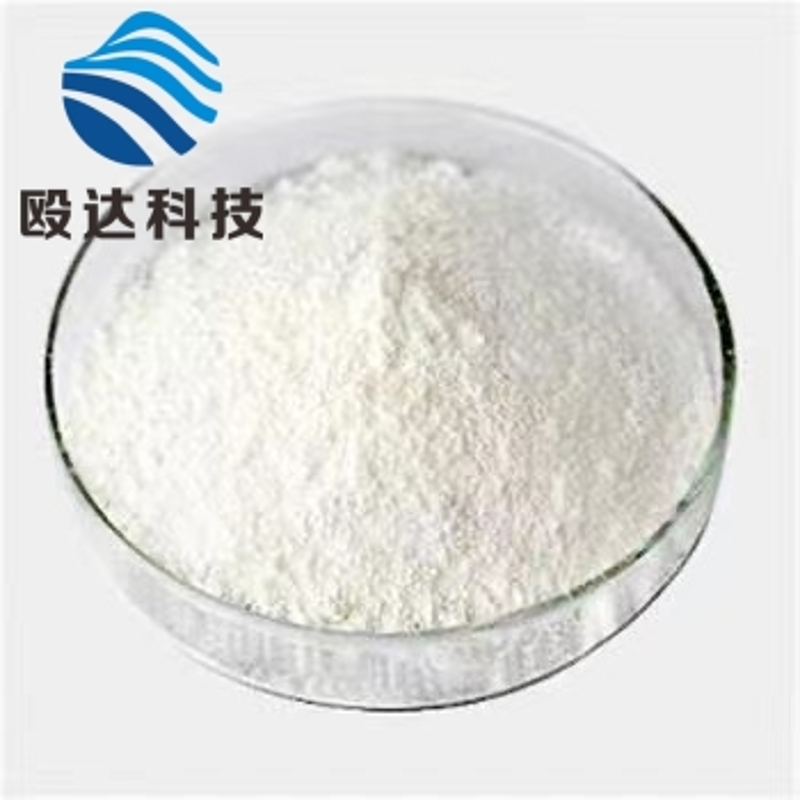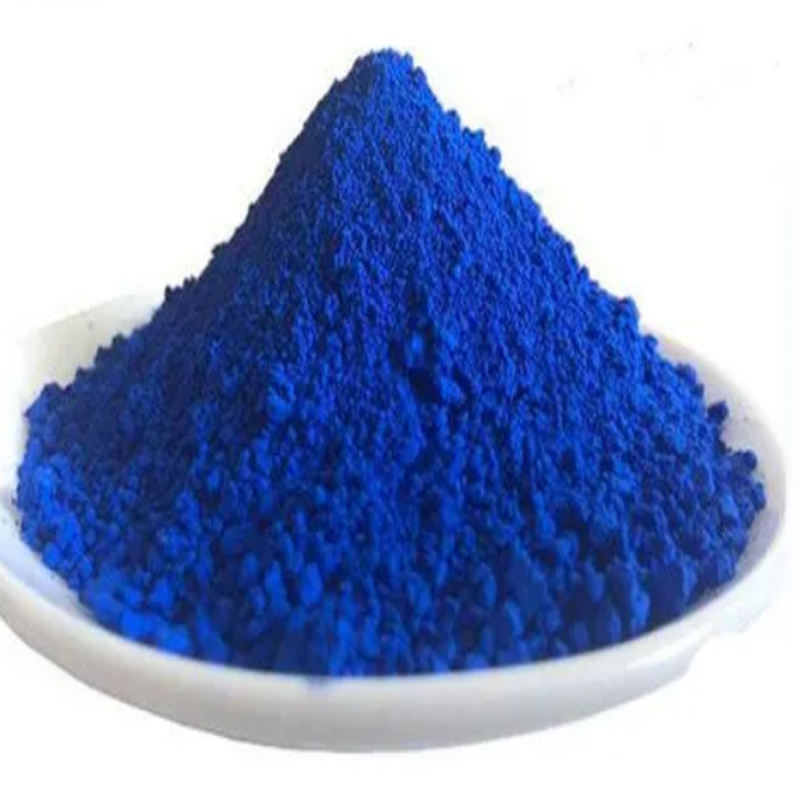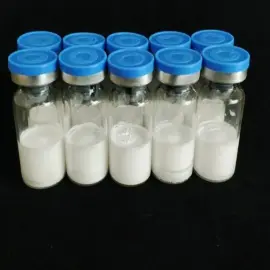-
Categories
-
Pharmaceutical Intermediates
-
Active Pharmaceutical Ingredients
-
Food Additives
- Industrial Coatings
- Agrochemicals
- Dyes and Pigments
- Surfactant
- Flavors and Fragrances
- Chemical Reagents
- Catalyst and Auxiliary
- Natural Products
- Inorganic Chemistry
-
Organic Chemistry
-
Biochemical Engineering
- Analytical Chemistry
-
Cosmetic Ingredient
- Water Treatment Chemical
-
Pharmaceutical Intermediates
Promotion
ECHEMI Mall
Wholesale
Weekly Price
Exhibition
News
-
Trade Service
Novarca recently announced that it is acquiring Cadent Therapeutics, based in Cambridge, Massachusetts, for $210 million and a possible milestone of $560 million in the future.
will receive all of Cadent's outstanding shares, with the acquisition expected to close in the first quarter of next year.
, which focuses on neuroscience, was formed in 2017 in a merger with Luc Therapeutics and Atasion Therapeutics.
the acquisition, Novartra will have Cadent's complete portfolio of neuroscience products, including the NMDAr project.
the project has two core clinical assets, CAD-9303 is developing NMDAr-positive variant regulators for schizophrenia, while MIJ-821 is an NMDAr negative variant regulator, which was licensed to Novarchi in 2015.
MIJ821 is currently in Phase II trials, the drug selectively regulates a subset of the NMDA receptors associated with depression.
will also receive full rights to CAD-1883, a clinically active SK channel variant regulator that is being developed for motor disorders such as cer cerebral palsy disorder SCA.
, Cadent received approval from the U.S. Food and Drug Administration (FDA) to launch a Phase I clinical trial of Schizophrenia CAD-303.
Affinity trial is a multi-center, randomized, placebo-controlled study that evaluates the safety, toerability, and exploratory efficacy of CAD-9303.
CAD-9303 can target an ion channel called an N-methyl-D-tiandonine (NMDA) receptor, which is underactive in patients with schizophrenia.
Cardent believes that targeting this particular subject can fill gaps in schizophrenia treatment and address cognitive impairment and the so-called negative symptoms of the disease.
The current standard of treatment is to use antipsychotic drugs to address positive symptoms of schizophrenia," said Gopi Shanker, interim co-head of neuroscience at the Novarma Institute for Biomedical Research (NIBR).
by regulating the activity of these receptors, we believe cad-9303 can potentially improve symptoms and help address one of the key deficiencies in schizophrenia care.
", Novart has completed acquisitions of several companies and continues to invest in the field of gene therapy, which can be expected to anticipate the company's ambitions in this market segment.
, Novartic teamed up with Sangamo Therapeutics to develop gene-regulating therapies for three neurodevelopmental targets.
Sangamo genomic regulation technique, called zinc finger protein transcription factor (ZFP-TF), can be used to increase gene expression in neurodevelopmental disorders.
like gene therapy, ZFP-TF technology is delivered using adeno-related viruses (AAVs), which function at the DNA level and selectively turn specific genes on or off.
novart has so far paid Sangamo a licensing fee of $75 million, and Sangamo is eligible for milestone payments of up to $720 million in the future, mainly for autism spectrum disorder (ASD) and other unspecified neurodevelopmental disorders.
October, Novart acquired another gene therapy company, Vedere Bio, also based in Cambridge, Massachusetts, for $280 million, to acquire Vedere's full range of gene therapy platforms for eye diseases.
's technology platform in partnership with Vedere Bio includes photosensitive proteins that can be delivered to retinal cells, as well as adeno-related virus (AAV) delivery vectors for glass cavity injections.
。







